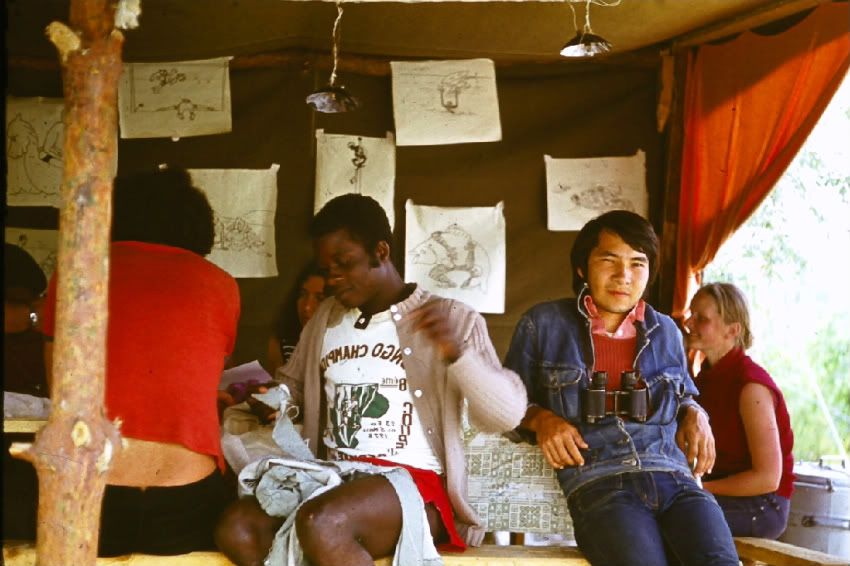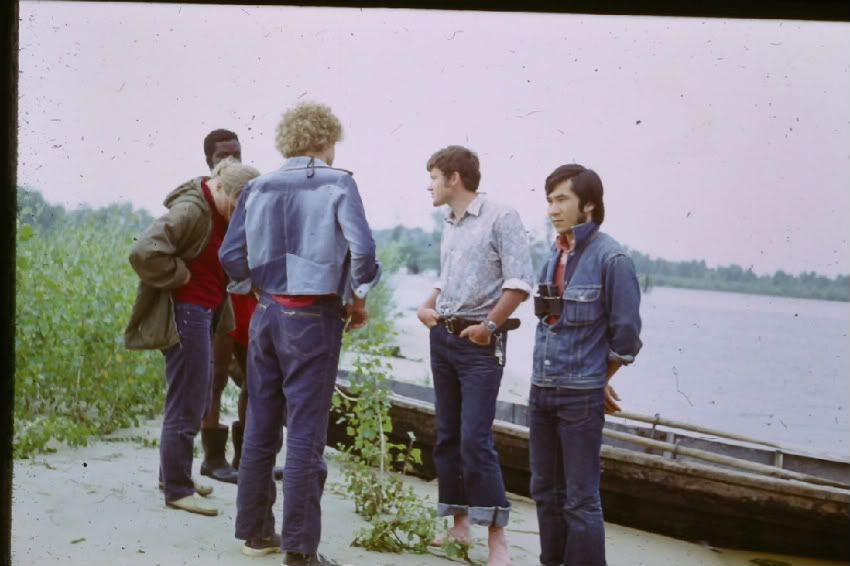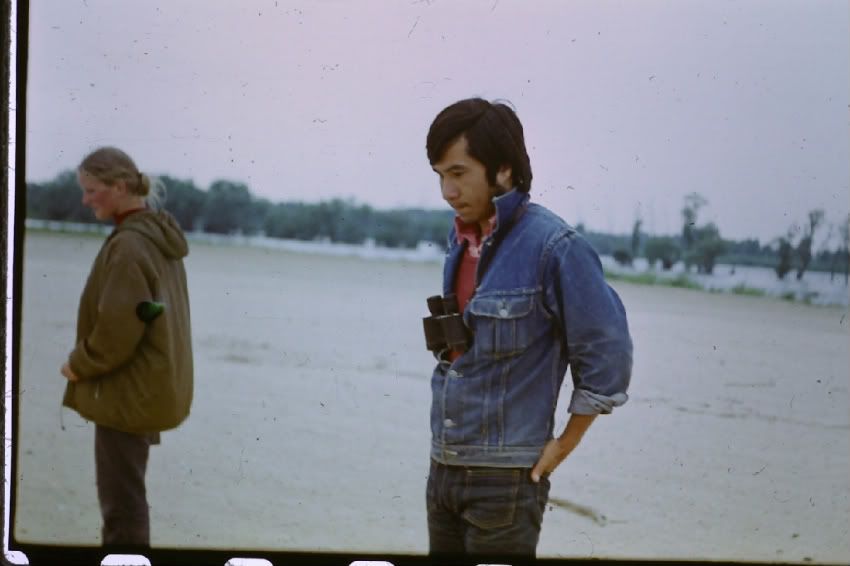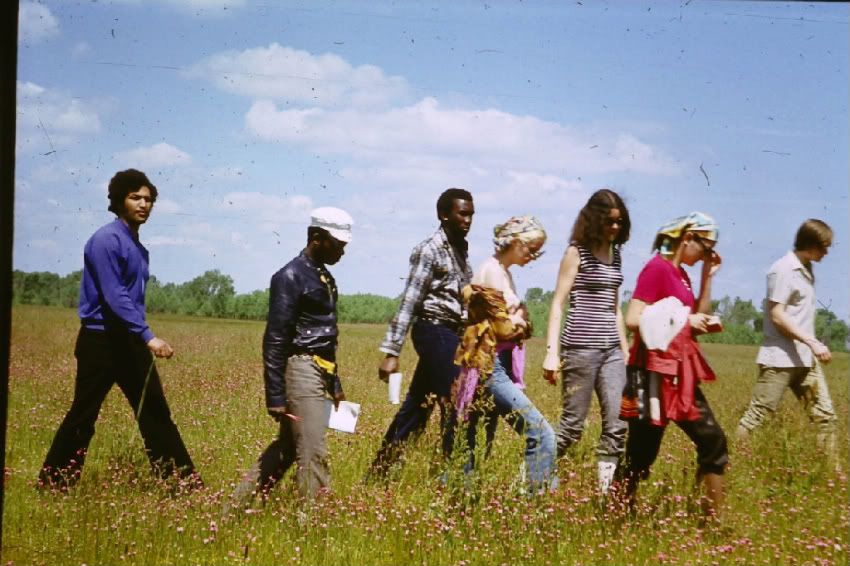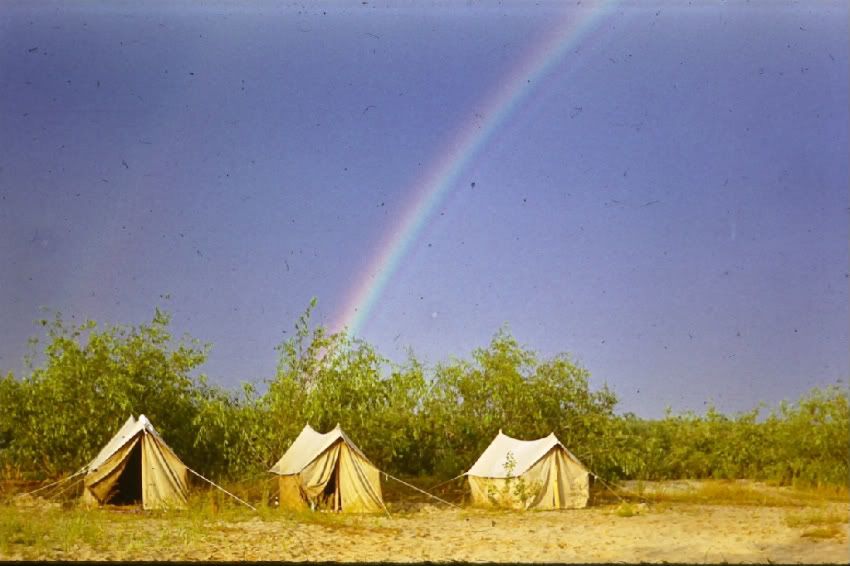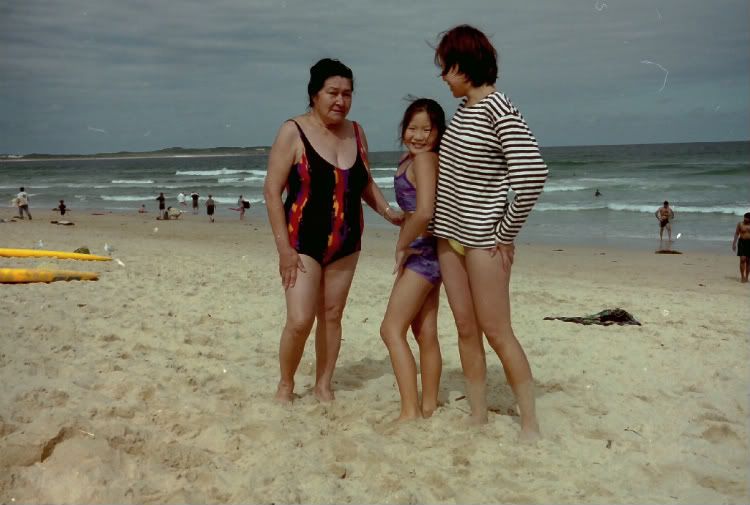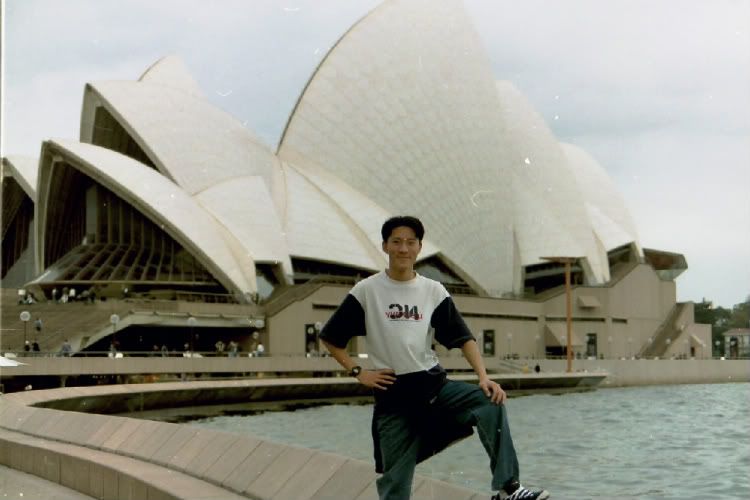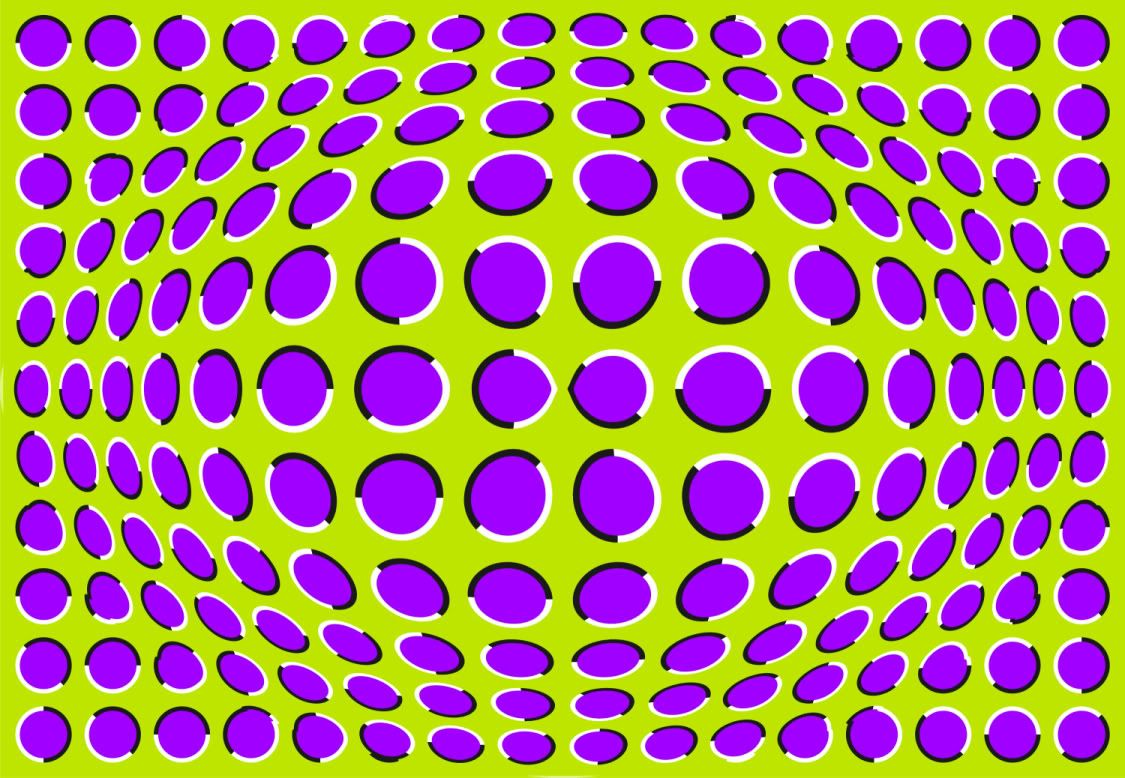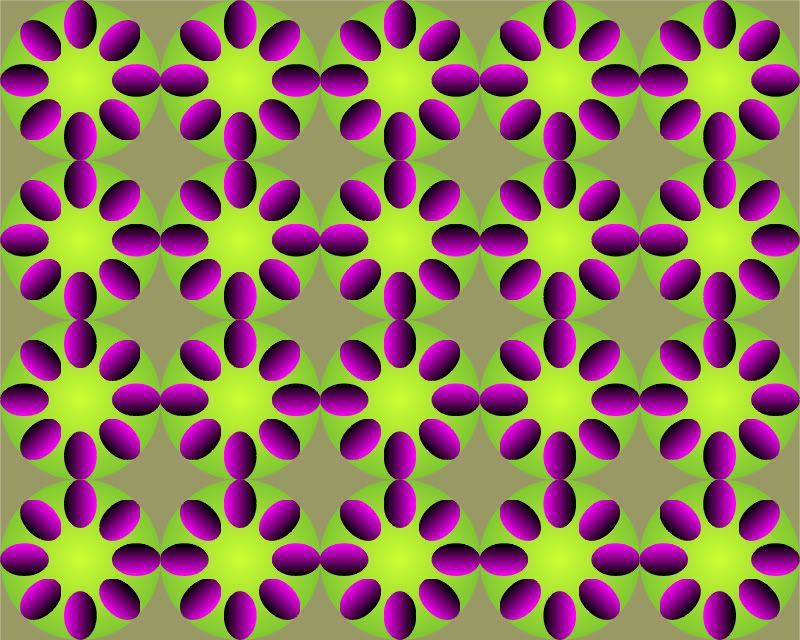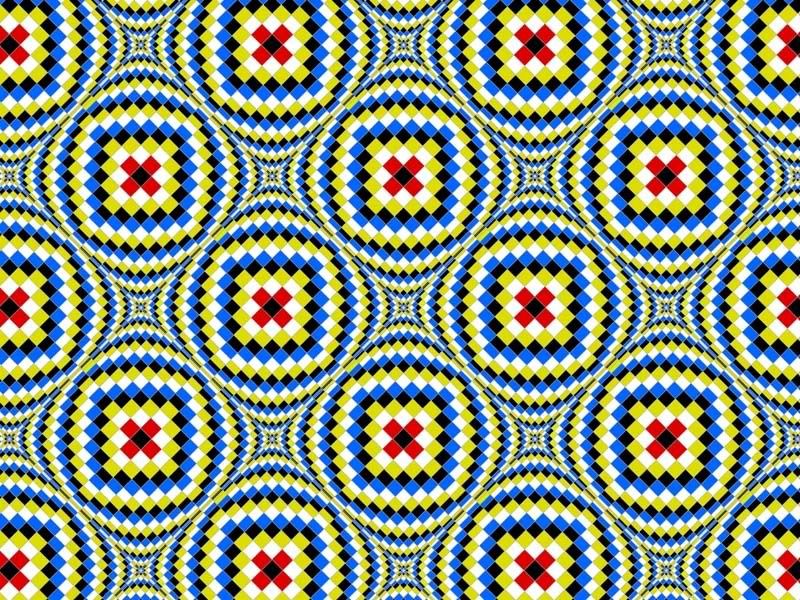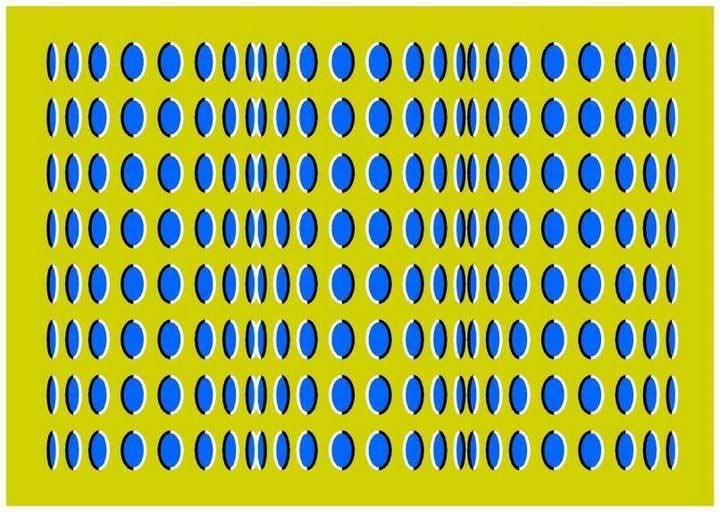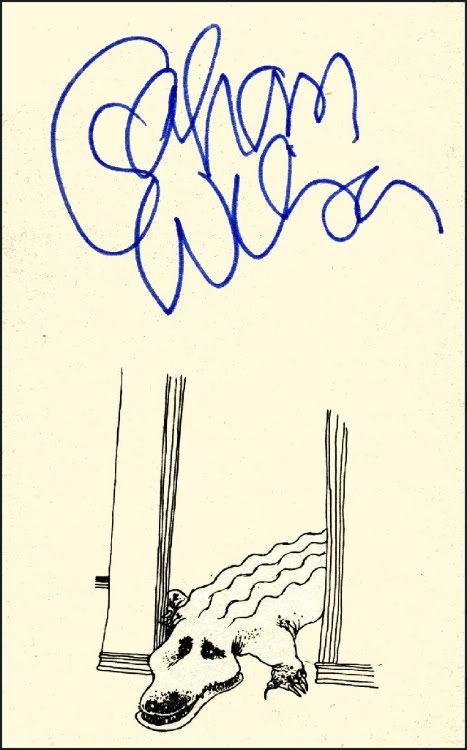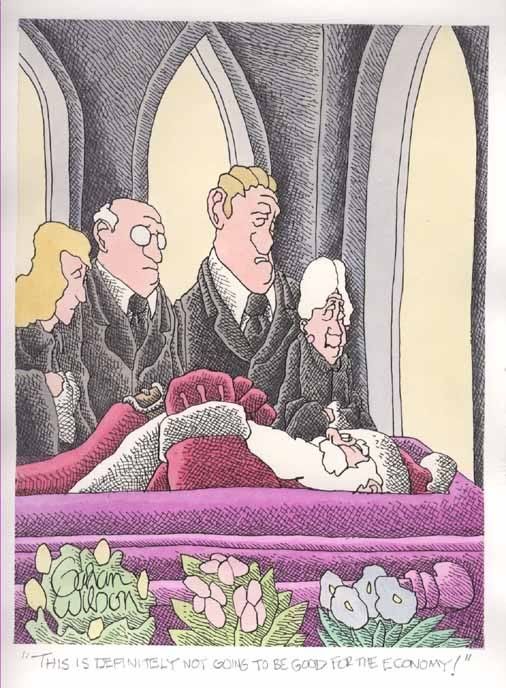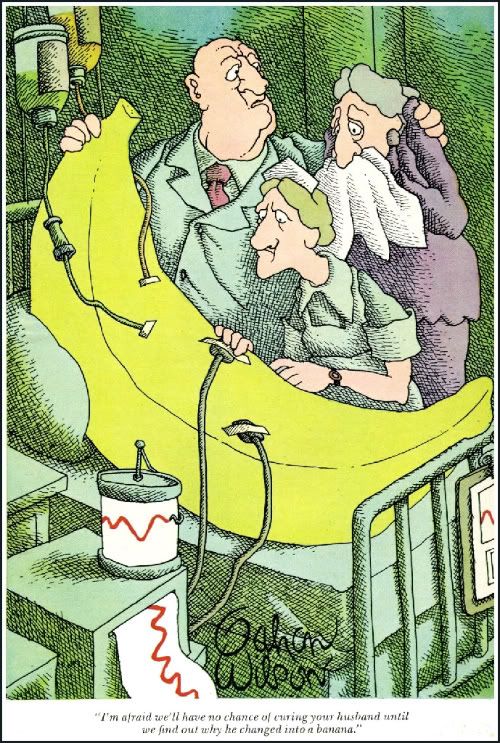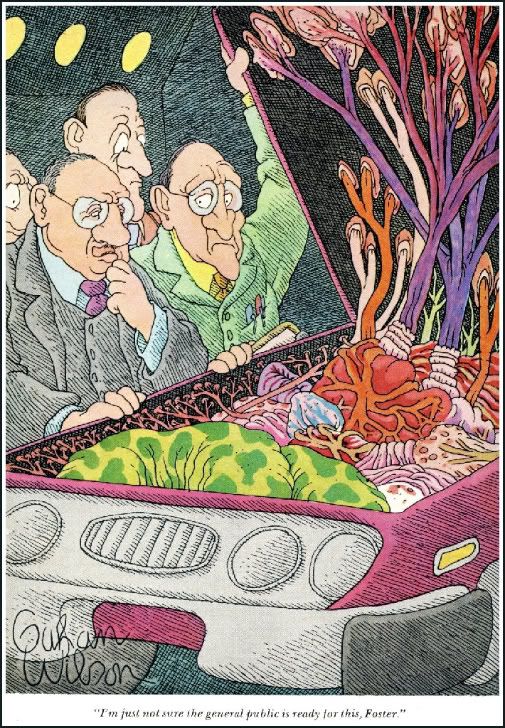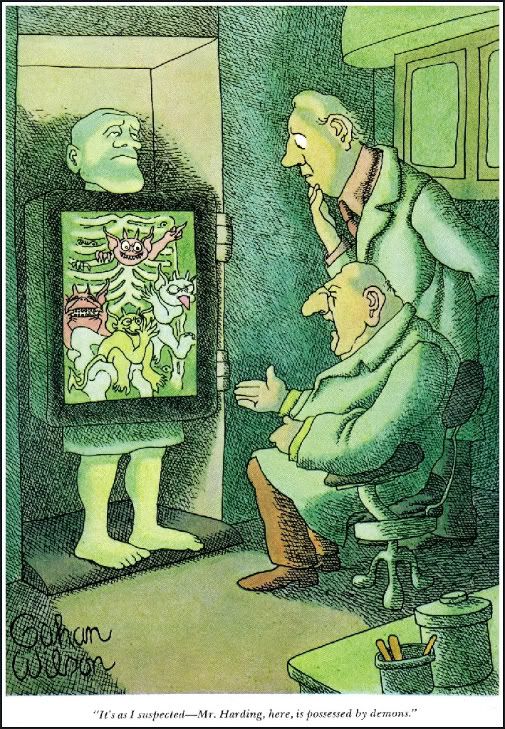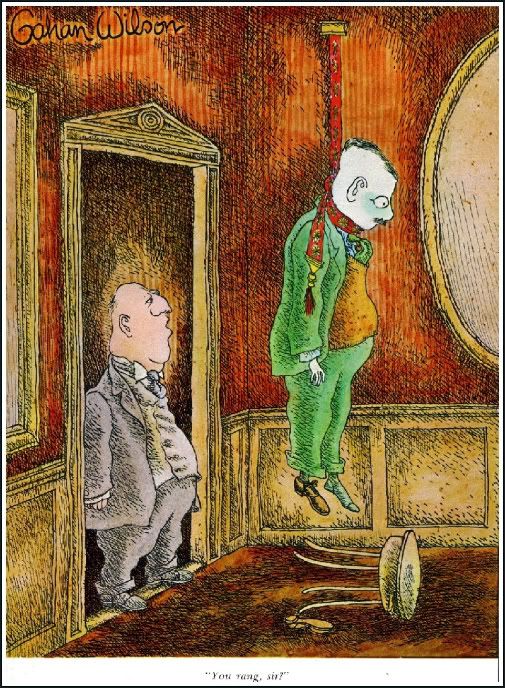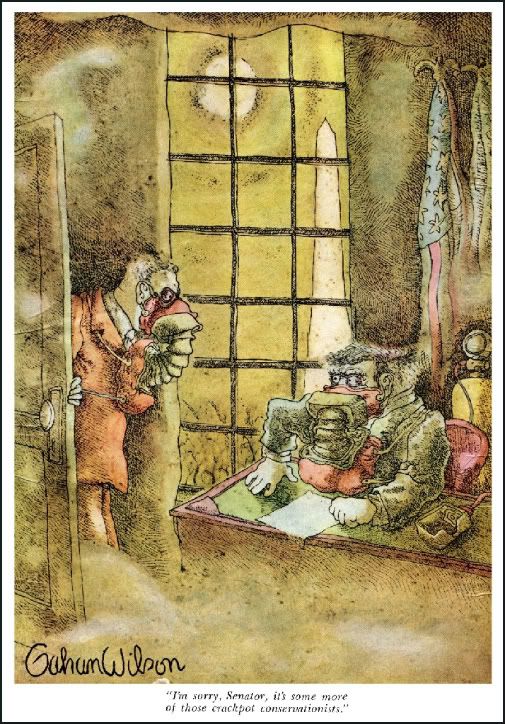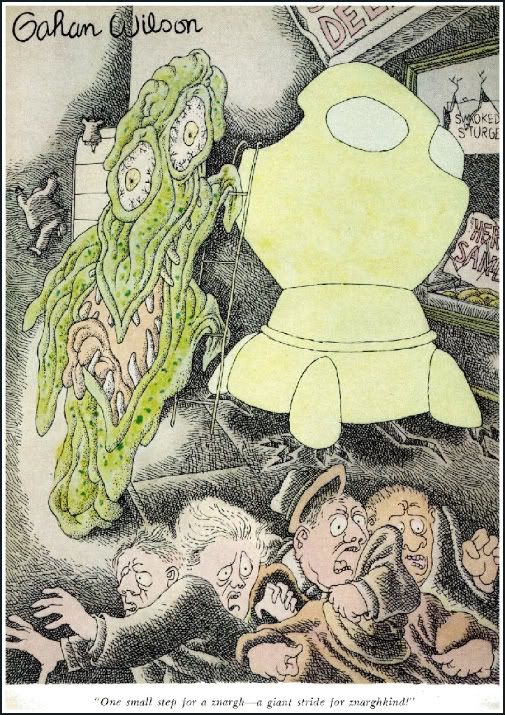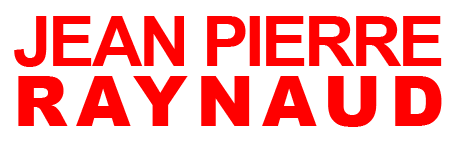
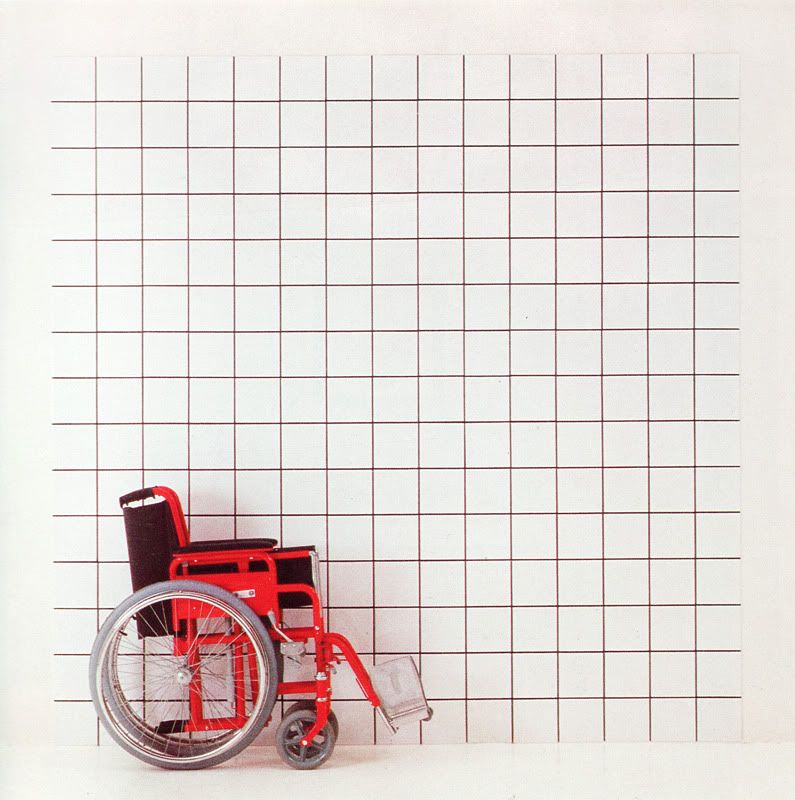
In a time like this one which is able, in a very surprising and fast way, to "analyse" and classify any esthetic product and any image, Jean-Pierre Raynaud’s works sits like a reflexion of the artist’s action in the contemporary society and reveals at the same time a coherent engagement where the artist really takes his responsibilities. The nine wheelchairs closed and unable to move are, more than a symbol or an evident metaphor of the cultural immobolity of the power, a stylistic process which breaks the syntactic regularity of a sentence and claims its own will to be provocative.
"The ideas and the facts are not but raw material of Art and Art consists in the choice between what we say and what we silence"
Spaced Out Bach Series by Joseph Payne
For many people (Bach) epitomises the unapproachable pinnacle of haute culture when it is displayed with tedious solemnity and catatonic introspection. No doubt, then, there are some who will bristle at yet another album of Bach spaced-out. Joseph Payne's mischievously simple notions are provocative: he exploits accessibility by a flexible approach- a performance oriented attitude. The result is a musician's Bach- a really authentic one, coloured by a decidedly philosophical bent. Payne believes the rationalist nymph of the Enlightenment, whose children we are, has led us astray, away from a proper understanding of Bach as the quintessential product of his age. We need firmly to banish her out of sight, looking instead to medieval and classical times for Bach's intellectual wellsprings. Bach, Newton and others of the last generation before the Englightenment embraced Pythagorean proportionalism through various intermediaries. Newton devoted his life to proving the literal truth of scriptures. His work in optics, time and space was incidental to that, and he himself regarded his numerological studies on the Bible as his most important works. Bach was a devout Lutheran, marinated in mystical, anti-rational theology having strong components of astrology and numerology.
Payne thinks inescapable the conclusion that Bach regarded number-magic as the divine tool of the Creator- a view that has not endeared him to musicologists. Like many sensitive people, Payne defends his ideas with humour. A stance of flippancy toward the world is the shell beneath which he broods. Brooding upon Bach, who produced an extreme emotional range of music from soul wrenching melancholia to racing exuberance, Payne finds an emotional compliment to his own inner life. That inner life comprises the ebb and flow of the performer who publicly displays his most intimate feelings, along with the piercing self knowledge of the inner directed man. Therein lies the unique vulnerability of the performer. His deepest feelings are subject to the casual taunts of culture vultures and self knowledge, given the reality of human nature, is the most insupportable of burdens. If Pythagoras and theology bore you, leave them go. Payne's Bach is plainly enjoyable, and that, after all, is how Bach should be. Just abandon yourself to the music.
For many people (Bach) epitomises the unapproachable pinnacle of haute culture when it is displayed with tedious solemnity and catatonic introspection. No doubt, then, there are some who will bristle at yet another album of Bach spaced-out. Joseph Payne's mischievously simple notions are provocative: he exploits accessibility by a flexible approach- a performance oriented attitude. The result is a musician's Bach- a really authentic one, coloured by a decidedly philosophical bent. Payne believes the rationalist nymph of the Enlightenment, whose children we are, has led us astray, away from a proper understanding of Bach as the quintessential product of his age. We need firmly to banish her out of sight, looking instead to medieval and classical times for Bach's intellectual wellsprings. Bach, Newton and others of the last generation before the Englightenment embraced Pythagorean proportionalism through various intermediaries. Newton devoted his life to proving the literal truth of scriptures. His work in optics, time and space was incidental to that, and he himself regarded his numerological studies on the Bible as his most important works. Bach was a devout Lutheran, marinated in mystical, anti-rational theology having strong components of astrology and numerology.
Payne thinks inescapable the conclusion that Bach regarded number-magic as the divine tool of the Creator- a view that has not endeared him to musicologists. Like many sensitive people, Payne defends his ideas with humour. A stance of flippancy toward the world is the shell beneath which he broods. Brooding upon Bach, who produced an extreme emotional range of music from soul wrenching melancholia to racing exuberance, Payne finds an emotional compliment to his own inner life. That inner life comprises the ebb and flow of the performer who publicly displays his most intimate feelings, along with the piercing self knowledge of the inner directed man. Therein lies the unique vulnerability of the performer. His deepest feelings are subject to the casual taunts of culture vultures and self knowledge, given the reality of human nature, is the most insupportable of burdens. If Pythagoras and theology bore you, leave them go. Payne's Bach is plainly enjoyable, and that, after all, is how Bach should be. Just abandon yourself to the music.
He is flesh and bones, he is cells, electrons and atoms, he is the physical, chemical and biological, he is rational and empirical, he is cause and effect. He is a scientist. Today he was asserting the complexity and sophistication of DNA. He himself was so awed and perplexed, despite his contract to biology, that he looked away boggled and overwhelmed and said, as if with no resolution, 'This makes me believe in God.' 'Whaaaaaa' I, the product and consequence of his atheism, said, in shock of his resigned meekness. The belief in God, or what have you, is ultimately the search for an explanation- and don't worry I don't think I'm being profound, it's just what it is, I can't say less and I can't say more. When you sequentially read the words "search for an explanation" "search for an explanation" "search for explanation" "search for explanation" "search for an explanation" and then think about the significance that is "searching for an explanation" the notion of an answer spirals out of control, reflecting in on itself. The notion of an answer becomes un-linear and un-signified, something absurd, something that hangs in mid air. It is unpicking the stitches, it is peeling away the skin of everything and anything, something and nothing, this and that, up and down. Why explain? Explanation assumes an Ultimate, Ultimate assumes Purpose, maybe, just maybe Mdmajetrocket assumes Sauerkrautimpotence and our purpose is Lollydoggytail? Explanation is a euphemism for simplification. Religion paraphrases. But somehow religion is undoubtedly the most complex notion in human civilisation. I mean, I think of the mindfuck that is Israel and Palestine, what the Jesus Christ do you do- I mean seriously what the Christ of Jesus do you do?! But I'm not here to talk politics, I'm here to talk nothing. Yes, this that jibble jabble rumble rumble. But seriously... jibble jabble rumble rumble. If you were to collate the keywords in people's prayers to God (or what have you),'why' would be the keyword. "Why God why?" is what a thousand people are preaching this second, with ten thousand fingers interlaced. The why asked in a prayer is very different to the why asked in science. In prayer you ask a question in anticipation of a fixed answer that is based on dogma, whilst in science you ask a question in anticipation of an evolving answer that is based on sequence and pattern. Yes science searches for an explanation. And for the sake of not talking absurd jibberish to prove a point let's assume there is an explanation. In explaining the explanation, the Bible tells me God explains, whilst science tells me the observable world explains. The Bible tells me that the Ten Commandments explain whilst chemistry tells me a little over a hundred elements explain, the Bible tells me that everything was created in six days whilst physics tells me that the observable Universe is made up of 10^83 particles, The Bible tells me laws are based on Man whilst science tells me laws are based on Nature. I can't give you a more awesome explanation than your explanation, God (or what have you), because your explanation is as awesome as you think awesome can be. But if you are searching for an explanation, looking to a higher power or a dogma is a meek way of explaining things, a resignation of sorts. Don't fear the unexplained, but if you do then earnestly question the truths that you are told.
Peace Love and Mung Beans, A
Peace Love and Mung Beans, A
Subscribe to:
Posts (Atom)
